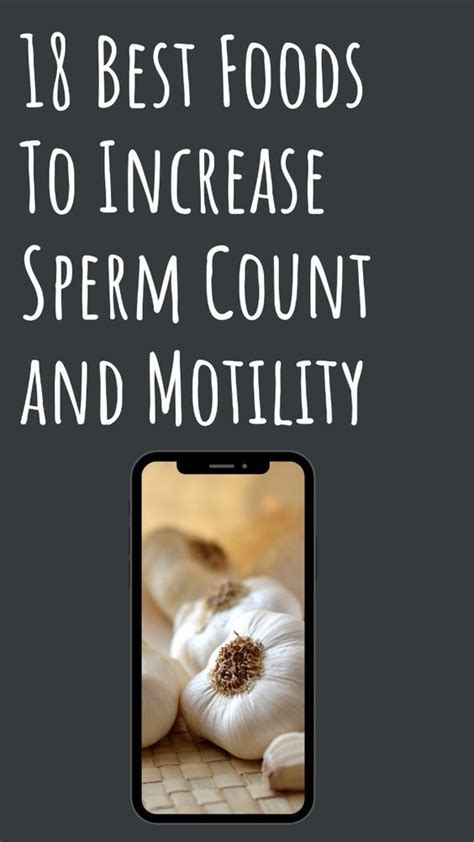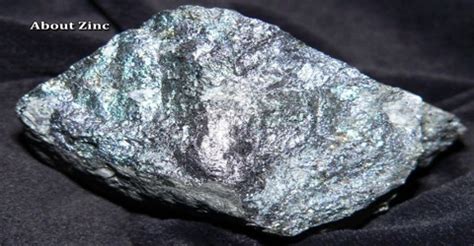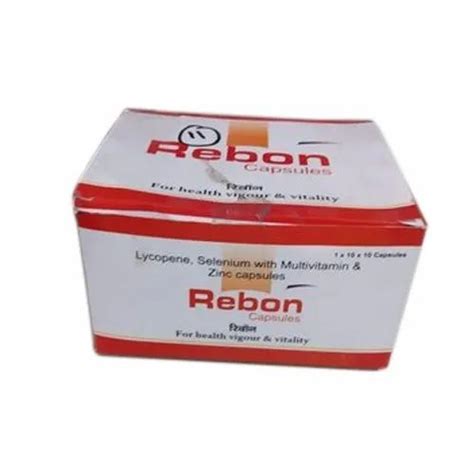What micronutrient is frequently discussed in men’s nutrition for its role in supporting prostate health, and what are common dietary sources of it?

Understanding Prostate Health and Essential Micronutrients
For men, maintaining optimal prostate health is a critical component of overall well-being, particularly as they age. The prostate gland, a small organ located below the bladder, plays a vital role in the male reproductive system. While numerous factors contribute to its health, nutrition stands out as a significant modifiable element. Among the many micronutrients garnering attention in men’s nutrition, one in particular is frequently highlighted for its profound impact on prostate function and protection.

Zinc: A Cornerstone for Prostate Well-being
The micronutrient most frequently discussed in men’s nutrition for its role in supporting prostate health is Zinc. This essential trace mineral is found in high concentrations within healthy prostate tissue, significantly more so than in any other soft tissue in the body. Zinc plays a multifaceted role in the prostate, primarily by:
- Regulating Cell Growth: It is crucial for normal cell division and differentiation, helping to prevent the uncontrolled proliferation of cells, which can be a hallmark of prostate issues.
- Hormone Metabolism: Zinc is involved in the metabolism of testosterone and dihydrotestosterone (DHT), hormones that influence prostate size and function.
- Antioxidant and Anti-inflammatory Properties: It acts as an antioxidant, protecting prostate cells from oxidative damage, and possesses anti-inflammatory effects that can mitigate chronic inflammation.
- Immune Function: A robust immune system is vital for combating infections and maintaining cellular integrity, and zinc is a key player in immune system regulation.
Deficiencies in zinc have been linked to an increased risk of prostate problems, underscoring its importance in a man’s diet.

Common Dietary Sources of Zinc
Ensuring an adequate intake of zinc through diet is relatively straightforward, as it’s present in a variety of delicious foods. Incorporating these into a regular eating plan can significantly contribute to meeting daily requirements:
- Oysters: These shellfish are by far the richest dietary source of zinc, providing a substantial amount in a single serving.
- Red Meat: Beef, lamb, and pork are excellent sources of zinc, especially cuts like lean ground beef.
- Poultry: Chicken and turkey, particularly dark meat, also contribute meaningful amounts of zinc.
- Legumes: Lentils, chickpeas, and beans are good plant-based sources of zinc, though their absorption can be hindered by phytates (which can be reduced by soaking and cooking).
- Nuts and Seeds: Pumpkin seeds, cashews, almonds, and chia seeds are packed with zinc and make great snacks or additions to meals.
- Whole Grains: Oats, quinoa, brown rice, and whole-wheat bread contain zinc, along with beneficial fiber.
- Dairy Products: Milk, cheese, and yogurt provide some zinc, alongside calcium and vitamin D.

Beyond Zinc: Other Prostate-Friendly Nutrients
While zinc is paramount, other micronutrients also play supportive roles in prostate health and are frequently discussed:
- Lycopene: This powerful antioxidant, found abundantly in tomatoes and tomato products (especially cooked forms), watermelon, and pink grapefruit, has been studied for its potential to reduce the risk of certain prostate issues by protecting cells from oxidative stress.
- Selenium: Another trace mineral with antioxidant properties, selenium can be found in Brazil nuts (an exceptionally rich source), fish, shellfish, and poultry. It supports cellular health and immune function.
- Vitamin D: Essential for overall health, including bone health and immune function, adequate vitamin D levels are also associated with a reduced risk of prostate complications. Sources include fatty fish, fortified foods, and sun exposure.

A Holistic Approach to Prostate Health
Ultimately, a holistic approach to prostate health involves more than just focusing on a single micronutrient. It encompasses a balanced diet rich in fruits, vegetables, whole grains, and lean proteins, coupled with regular physical activity, maintaining a healthy weight, and avoiding smoking and excessive alcohol consumption. While supplements can sometimes fill dietary gaps, obtaining nutrients from whole food sources is generally preferred for their synergistic benefits.
Consulting with a healthcare professional or a registered dietitian is always recommended to assess individual needs and develop a personalized nutrition plan, especially if there are existing prostate concerns or if considering supplementation.

Conclusion
Zinc stands out as a critical micronutrient frequently emphasized in discussions around men’s prostate health due to its significant role in cellular regulation, hormone metabolism, and antioxidant defense. By consciously incorporating zinc-rich foods such as oysters, red meat, legumes, nuts, and whole grains into the daily diet, men can take a proactive step towards supporting their prostate and overall well-being. Coupled with other beneficial nutrients like lycopene and selenium, a nutrient-dense diet forms the foundation for long-term prostate health.








